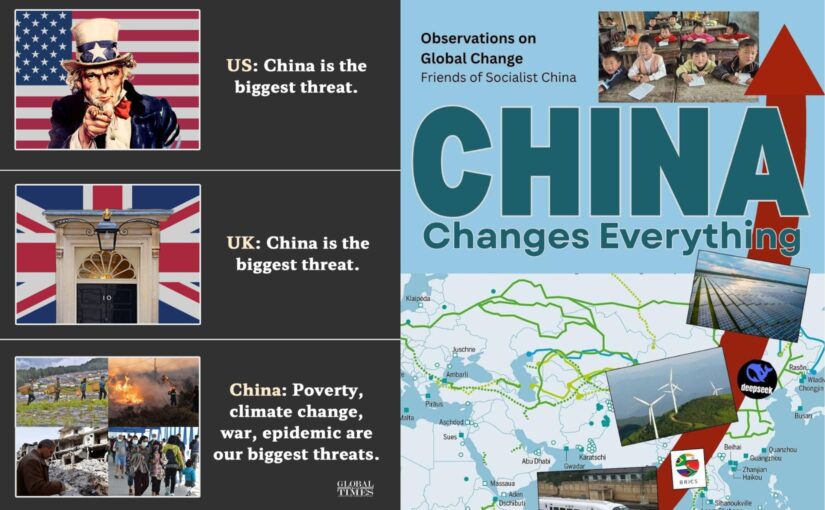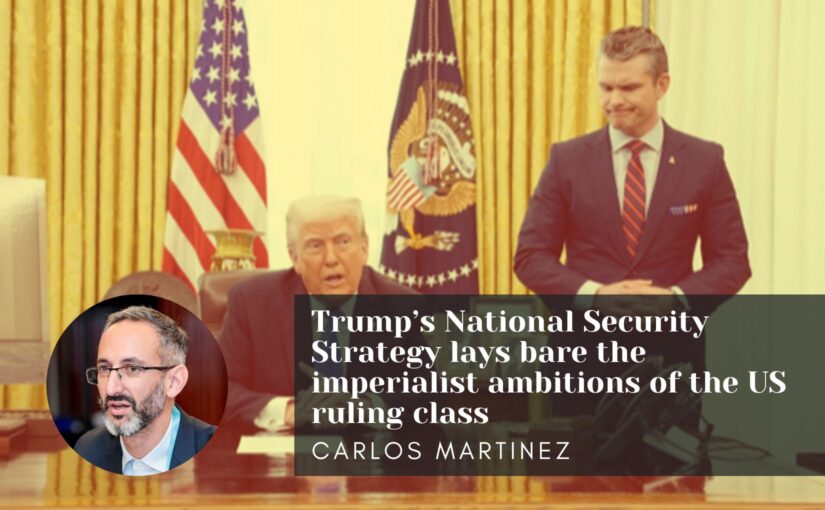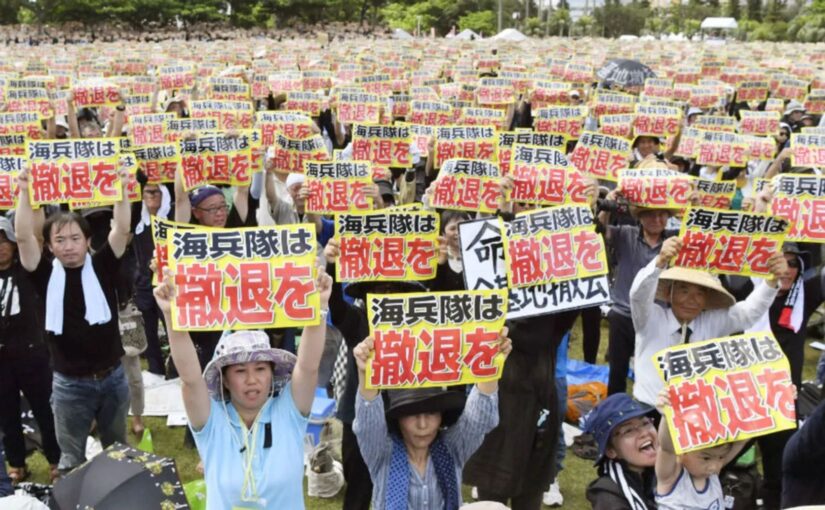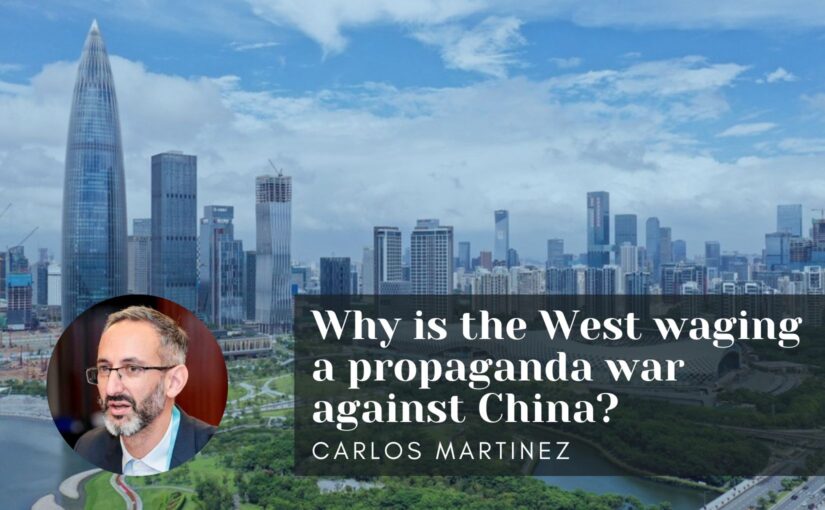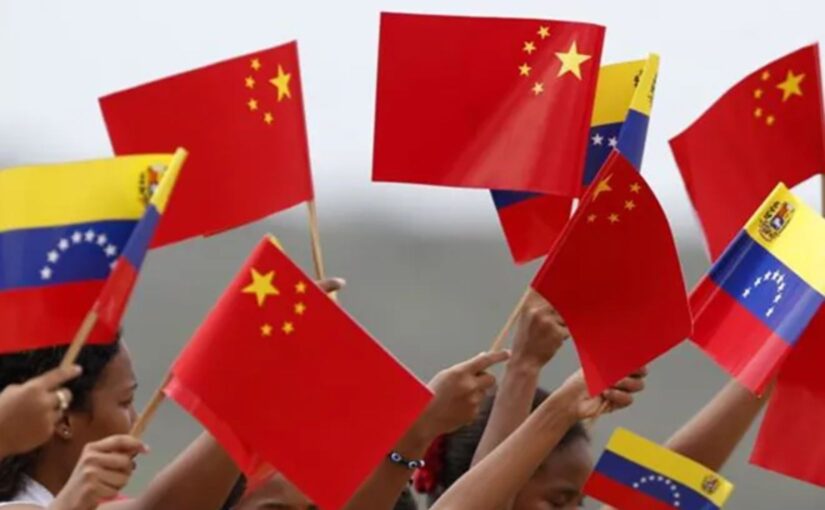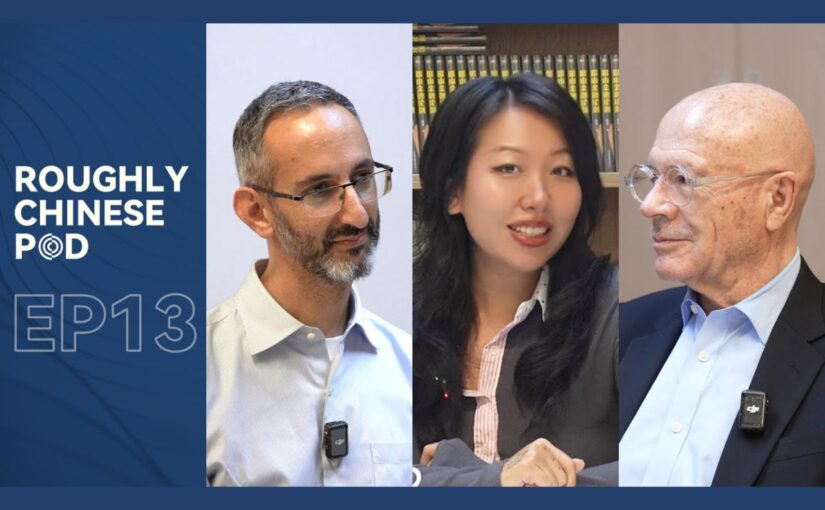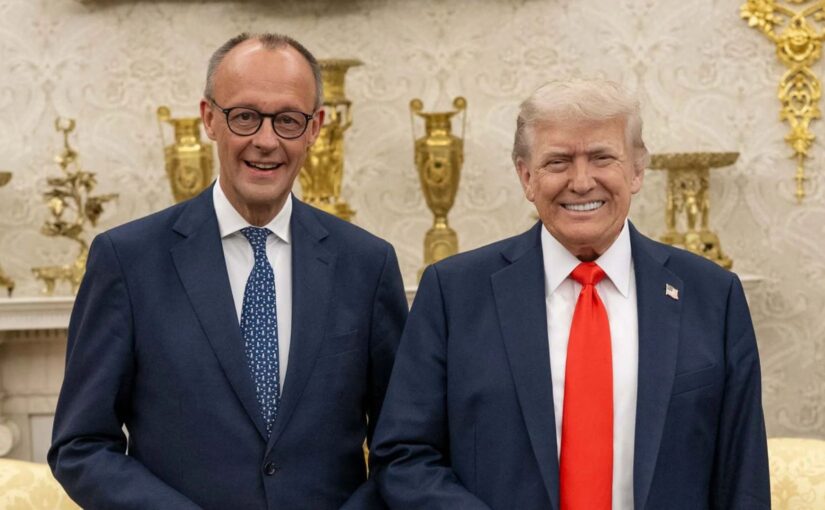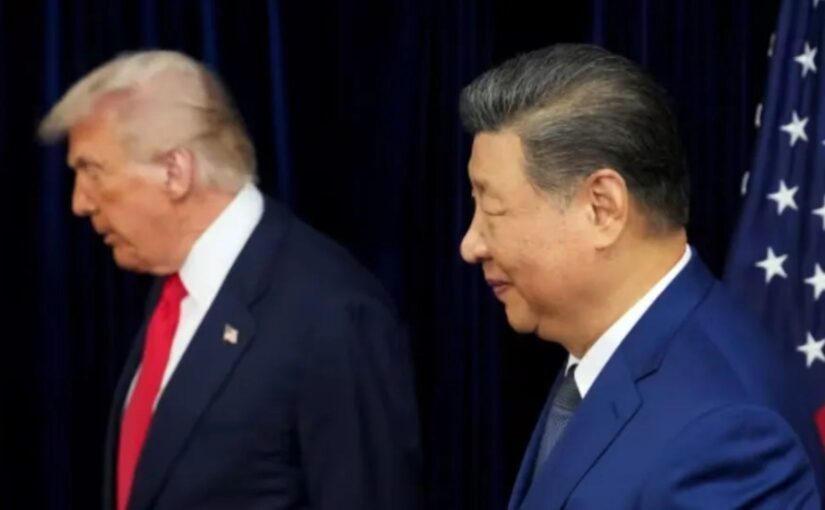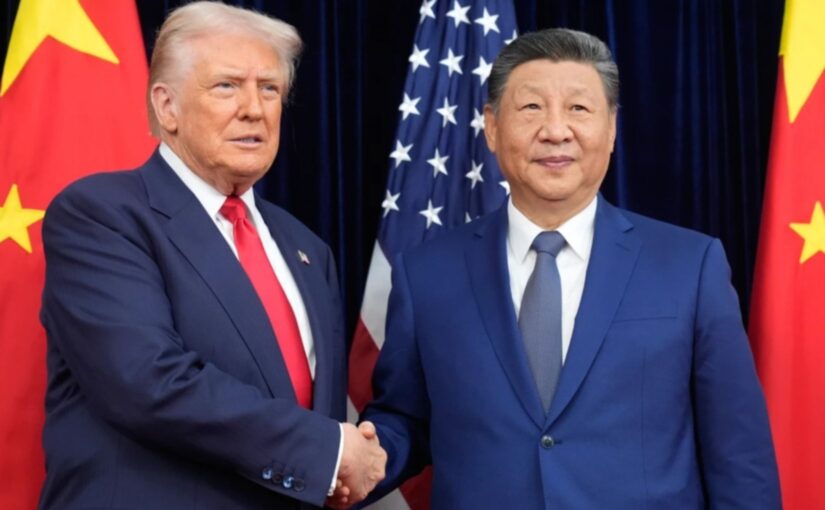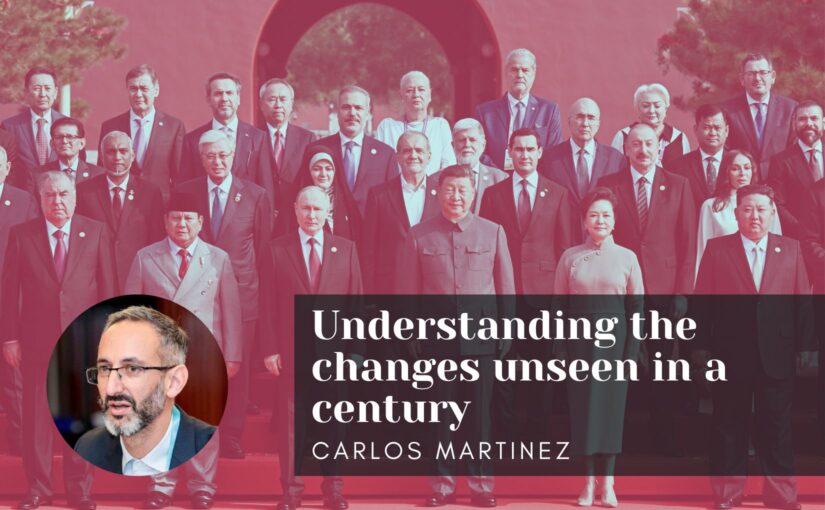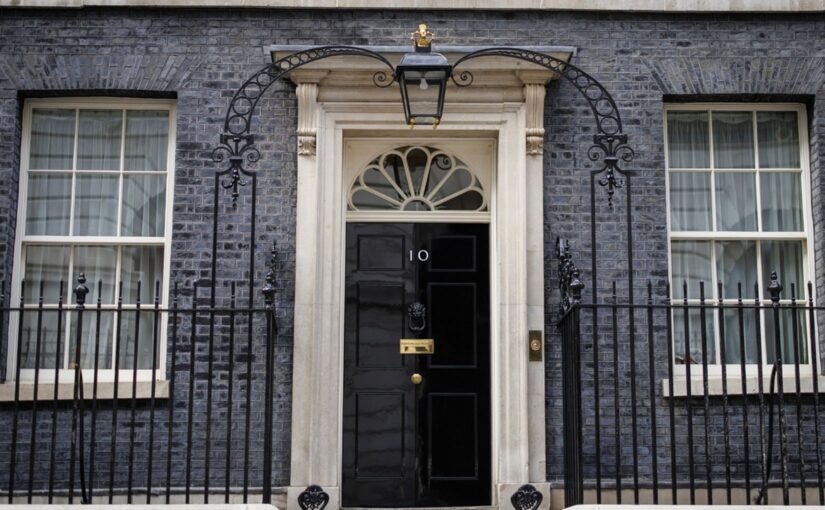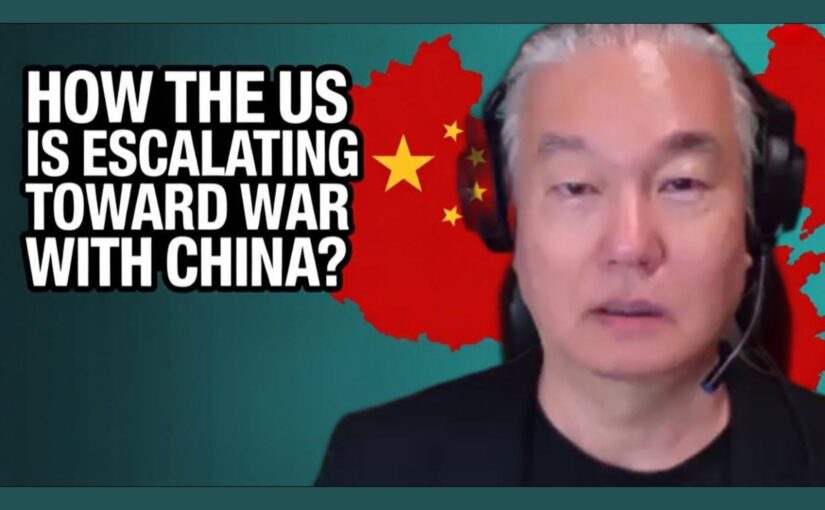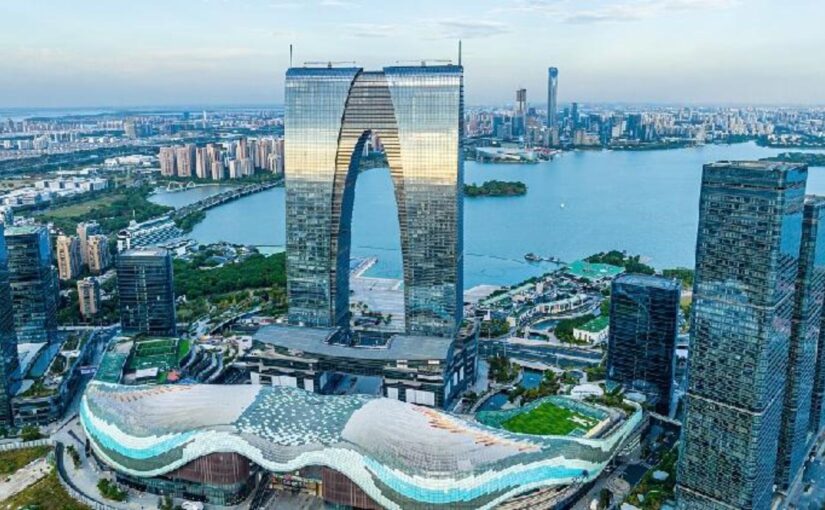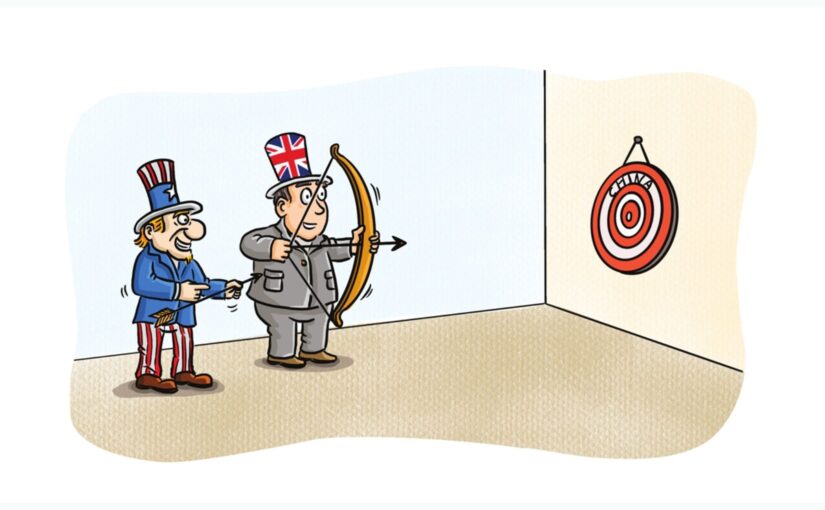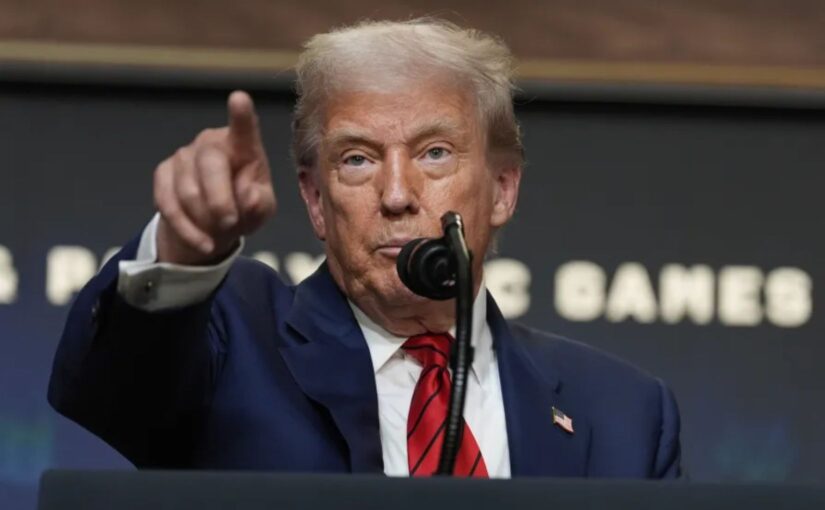The decision by Britain’s Crown Prosecution Service (CPS) to drop charges brought under the Official Secrets Act 1911 against Christopher Cash and Christopher Berry, far from drawing a line under the matter, has seen the country become engulfed in a wave of spy hysteria and mania redolent of the worst features of the US McCarthyite persecution in the 1950s. Whilst the script seems to owe more to Slow Horses than George Smiley, being rich in farcical ineptitude and improbable story lines, it is no less sinister for that.
For the unfortunate Cash and Berry, the always hypocritical claim that under the British justice system a person is ‘innocent until proven guilty’ has become a case of being ‘guilty despite being proven innocent’. Meanwhile, we see blatant acts of political interference by figures such as Ken McCallum, Director General of MI5, the Security Service, and blatant acts of political interference in the judicial process by figures in both the government and opposition parties. And whilst on the part of at least some players – certainly including the Conservative Party and the right wing press – the target of this campaign seems at times to be as much the Labour government as it is China, Starmer and members of his hapless and utterly mediocre administration are typically only capable of responding with a toxic cocktail of capitulation, disingenuity, incompetence, pusillanimity, counter-accusation and hypocrisy, serving only to perpetuate and compound their own deepening crisis, not to mention undermining the basis for stable, rational and mutually beneficial UK-China relations.
On October 16, the Spokesperson for the Chinese Embassy in London responded to what it described as the “hype” over the issue, specifically the release of three CPS “witness statements”, a highly unusual move occasioned by an all too usual Starmer ‘u-turn’, and the trading of accusations by the Labour and Conservative parties, emphasising that the statements “are nothing but sheer fabrications made out of thin air.” The spokesperson added that:
“The attempt by some British politicians to smear China is doomed to fail. We urge the relevant parties in the UK to stop making an issue of China at every turn, stop hyping up anti-China narratives, and stop undermining China-UK relations.”
The same day, at the regular Foreign Ministry press conference in Beijing, spokesperson Lin Jian was asked several questions related to China-UK relations and responded to one from Bloomberg by stating: “The accusations are nothing but smears. We urge relevant personnel in the UK to stop their vilification and stop this kind of political manipulation.”
In a further post on the Chinese Embassy website the same day, the spokesperson responded to the provocative remarks made by the head of MI5, stating: “China does not pose a threat to any country, and has neither the intention nor the interest to interfere in the UK’s internal affairs. The UK’s intelligence agencies should focus on real security threats facing their own country rather than concoct and spread disinformation about China for ulterior political motives. Such actions are irresponsible and unprofessional. They will only further damage the credibility of the UK’s intelligence agencies.”
Amidst this atmosphere of growing and irrational hysteria, it was almost inevitable that new Housing Minister Steve Reed would yet again postpone a decision on planning permission for the new site of the Chinese Embassy, something that has been a political football for a number of years now, from 21 October to 10 December.
The Embassy Spokesperson stated: “We strongly deplore the UK’s repeated postponement of the approval deadline for the new Chinese Embassy project.
“It is an international obligation of the host country to provide support and facilitation for the construction of diplomatic premises. Both China and the UK have plans to build new embassies in each other’s capitals, and both sides should facilitate each other’s efforts.”
At the October 17 Foreign Ministry press conference, Lin Jian responded, again to Bloomberg, with remarks that appear to, not unreasonably, indicate a growing exasperation on the part of China:
“China expresses strong concern and opposition to the UK’s latest decision on the new Chinese embassy project, which has been put off by the UK for seven years. In the recent rounds of communication between the two sides for the early approval of the project, China has shown utmost sincerity and patience, while the UK over the years has shown a total lack of the spirit of contract, credibility and ethics, and has repeatedly put off the approval of the project citing various excuses and linked the project with other issues, constantly complicating and politicising the matter. That goes entirely against the UK’s commitments and previous remarks about improving China-UK relations. We once again call on the UK to fulfill its obligation and honor its commitments at once, otherwise the consequences arising therefrom shall be borne by the UK side.”
In its editorial for October 15, the Morning Star described the whole affair as “a concocted controversy to shackle us to Trump” and noted that Cash and Berry, “have not even been afforded a trial by media: instead, the right-wing press, the Tory Party and even the Labour government have hurled themselves into a blame game in which their guilt is assumed and only the failure to jail them needs explaining.”
It adds: “The media storm is not really about the men in question. It is an attempt to derail any improvement in Britain-China relations, and is wholly political… This is a concerted political offensive designed to shackle Britain ever more closely to Donald Trump’s United States. Some hint at this openly, warning Labour that the White House will look askance if it hesitates to denounce Beijing.”
The same angle was also analysed in an article carried in the Chinese newspaper Global Times on 12 October, citing British media reports that, “the White House has sent a warning to UK Prime Minister Keir Starmer, claiming that Britain’s failure to prosecute the two alleged ‘China spies’ risks damaging their special relationship and jeopardising intelligence sharing between London and Washington.”
The paper quotes Cui Hongjian, a leading Chinese scholar of international relations, as pointing out that the US is forcing the UK to make a binary choice between the “special relationship with the US” and “improving relations with China,” which is, in essence, a threat to the UK’s policy autonomy.
Earlier, on 7 October, in his Opinion column in the South China Morning Post, Alex Lo analysed both the UK case and recent attacks on the Chinese community in Canada, writing:
“Both cases in the UK and Canada have many similarities. The security services in both countries pushed for them with flimsy evidence and went public with their allegations, effectively imputing guilt in the mind of the public. And anti-China politicians in both countries jumped on the bandwagon, thereby helping to build up momentum before anyone could or dare to challenge the basis of their charges or allegations.”
Regarding the British case, Alex notes: “The latest row over the case stems less from the alleged intelligence breach or its sudden collapse but more from the infighting between the Starmer cabinet and the Foreign, Commonwealth and Development Office on the one hand, and MI5 and the Home Office, both of which are under the Home Secretary.
“Without even bothering to hide it, officials from MI5 and/or the Home Office appear to be providing background briefings to such outlets as the Financial Times, Sunday Times and The Telegraph, among others.”
The following articles were originally published on the website of the Chinese Embassy in London and by the Morning Star, Global Times and the South China Morning Post. The latter is republished with the kind permission of the author.
